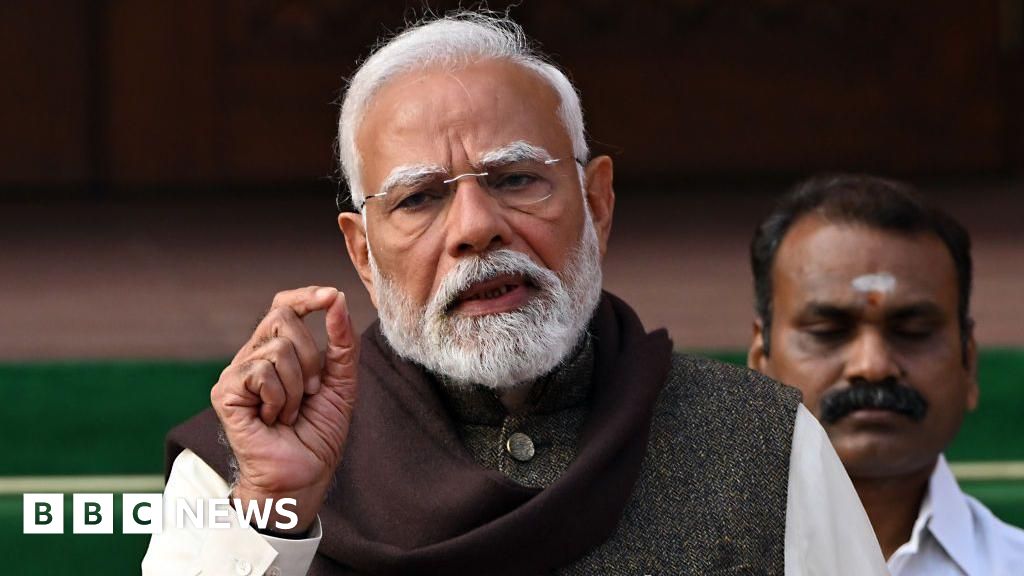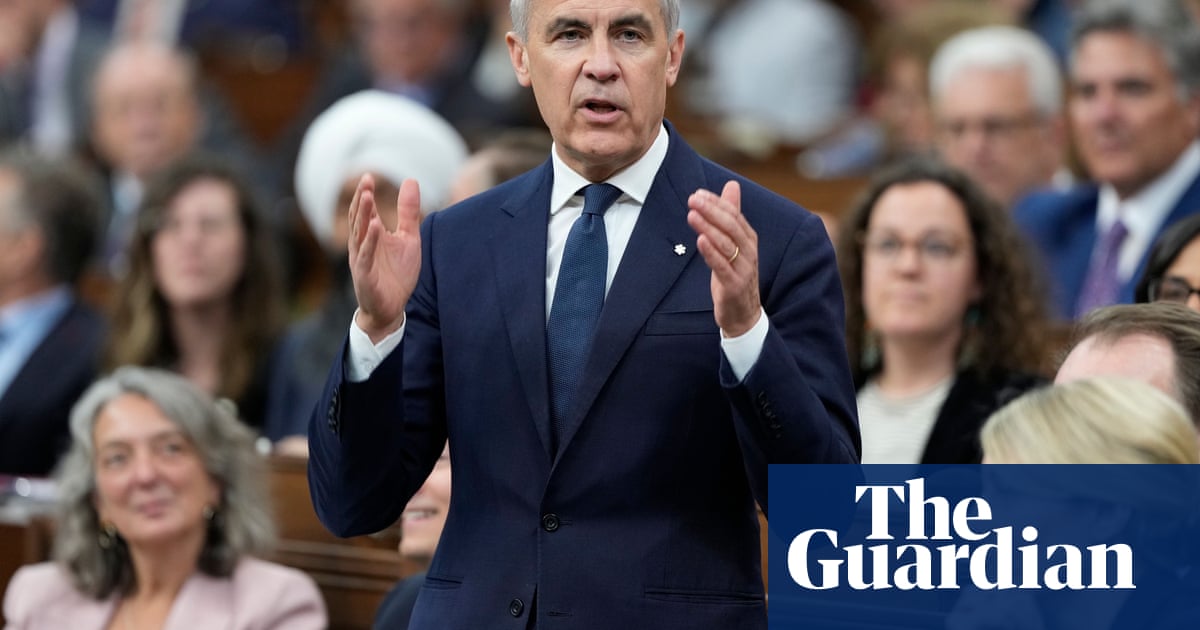Canada and India Navigate Diplomatic Tensions with G7 Summit Invitation
Canada's Prime Minister Carney invites India's Modi to the G7 summit amid strained relations over allegations of India's involvement in a Canadian activist's assassination.
Overview
- Canada and India have expelled diplomats amid allegations linking India's government to the assassination of Sikh activist Hardeep Singh Nijjar.
- Prime Minister Mark Carney faces criticism for inviting Indian Prime Minister Narendra Modi to the G7 summit despite ongoing tensions.
- The World Sikh Organization of Canada expressed anger over Modi's invitation, highlighting the strained ties between the two nations.
- The G7 summit, scheduled for June 15-17 in Alberta, may signal a thaw in relations as Modi accepts the invitation.
- Four Indian nationals have been charged in connection with Nijjar's death, further complicating the diplomatic landscape between Canada and India.
Content generated by AI—learn more or report issue.

Get both sides in 5 minutes with our daily newsletter.
Analysis
Emphasizes escalating tensions between Canada and India over allegations of government involvement in a murder.
Articles (3)
Center (2)
FAQ
The tensions escalated after Canada linked the murder of Sikh activist Hardeep Singh Nijjar to Indian state agents, leading to the expulsion of diplomats by both countries. A previous controversy involving Jaspal Atwal, an Indian-origin businessman, also contributed to the strained relations.
The invitation could signal a move towards improving relations, as both countries express interest in rebuilding ties. However, it also faces criticism due to ongoing tensions.
Both countries have strategic interests in deepening economic ties and enhancing cooperation on peace and security issues in the Indo-Pacific, particularly as China’s regional influence grows.
History
- This story does not have any previous versions.

